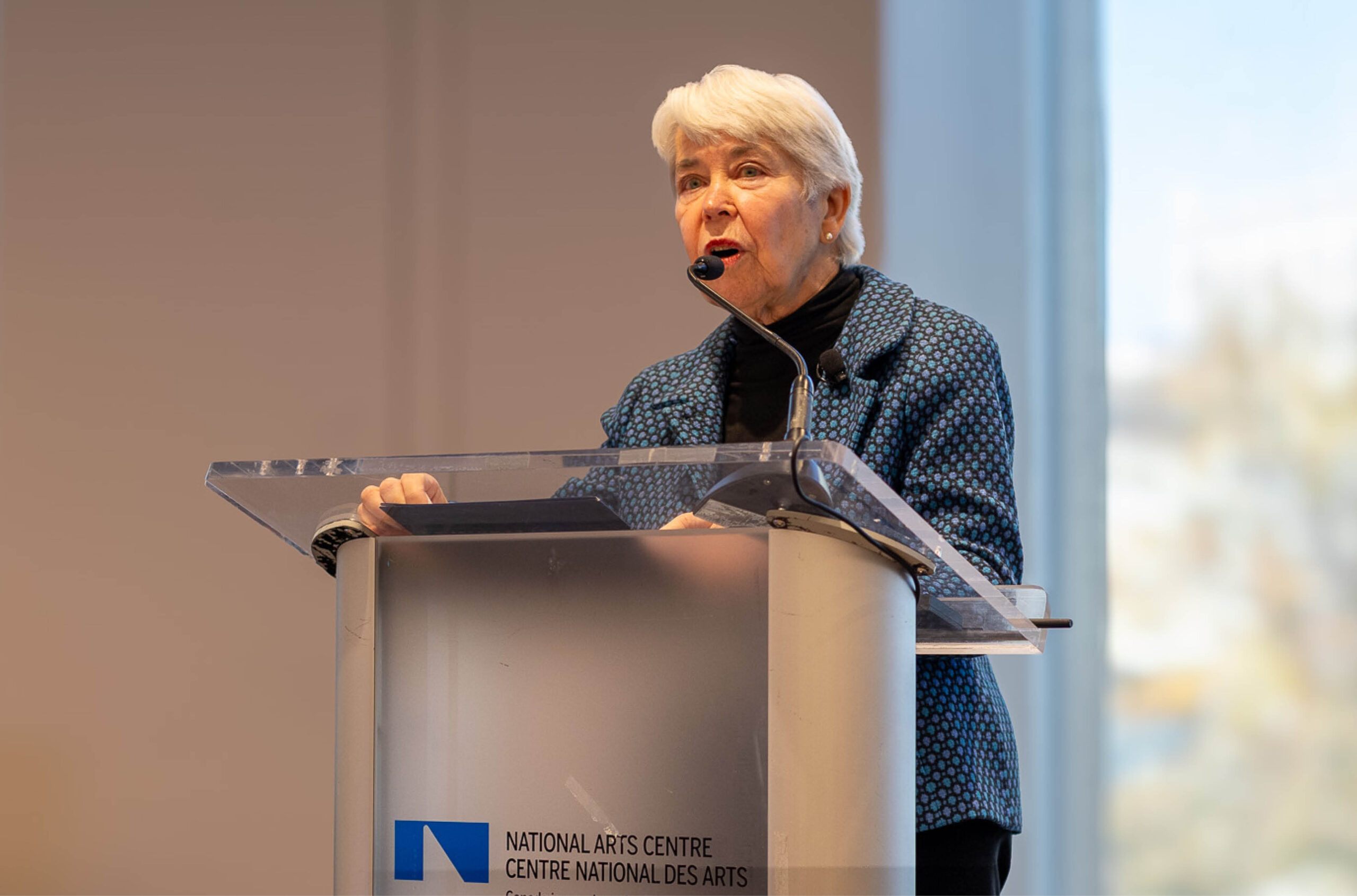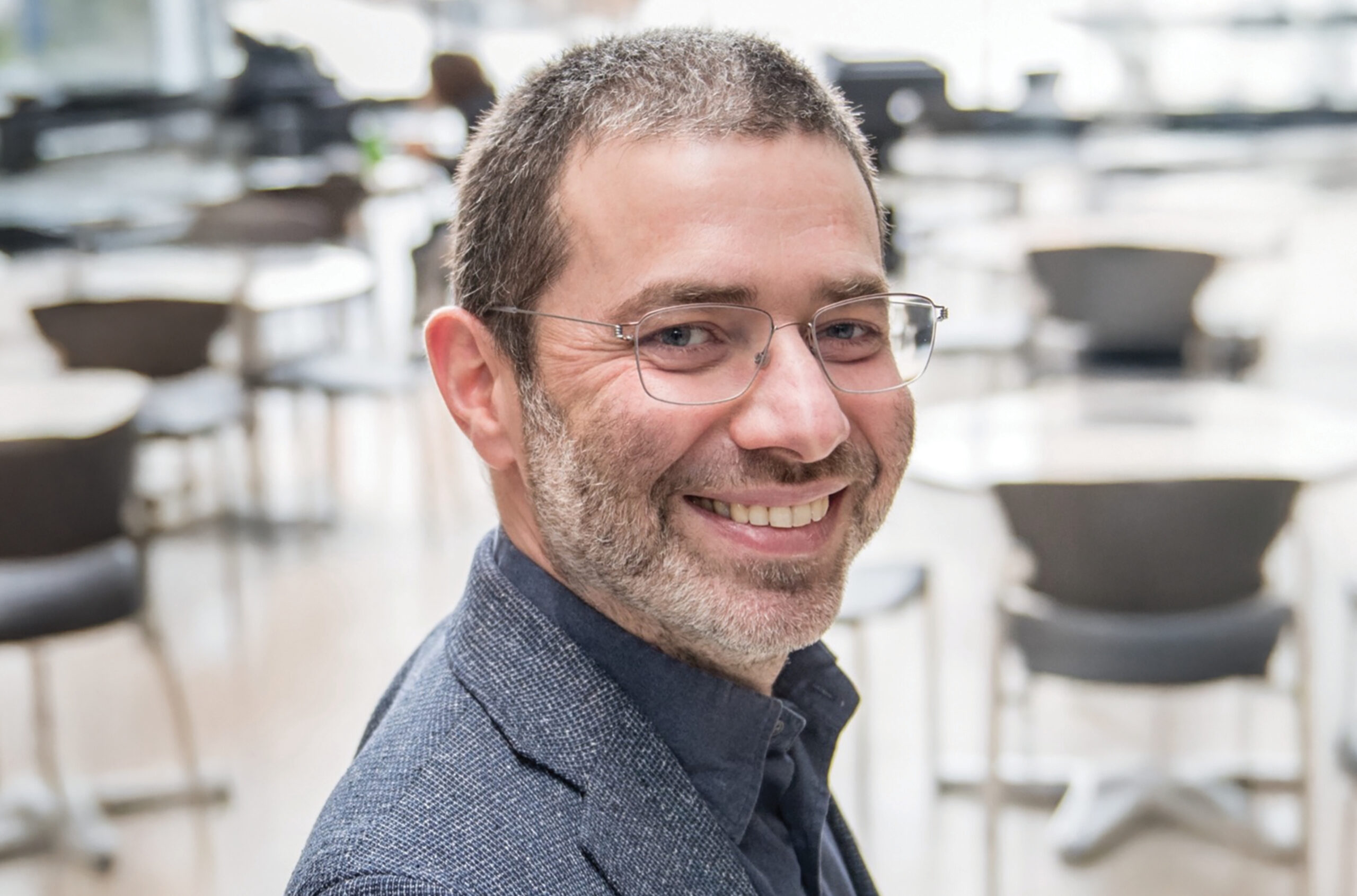Quebec’s tuition fee model: not able to see the forest for the trees
The Quebec government’s announced tuition fee increase for out-of-province students has sparked intense political debate over university funding.

Quebec’s ministry of higher education recently announced new tuition fee measures that throw both a political and national focus onto a provincial debate that up until this point had been primarily about university under-funding. This comes as part of a review of its university funding policy (PQFU) announced on May 12 and will have repercussionss that extend well beyond the province’s borders. On Oct. 13, Minister of Higher Education Pascale Déry announced the province would be raising tuition fees for out-of-province students. The cost would jump from $8,992 to roughly $17,000 per year, starting in fall 2024. A minimum tuition of $20,000 per year for international students was also set. The Canadian academic community and a number of Canadian citizens have since voiced their concerns about this decision, which could exacerbate underfunding at some Quebec universities. Many academics, experts as well as business leaders have also sounded the alarm.
Pierre Fortin, an economist and Université du Québec à Montréal professor emeritus is one such researcher who signaled the unequal distribution of resources in Quebec higher ed. In 2021, he conducted a study which revealed that French-language universities are underfunded relative to the provincial average, while English-language universities enjoy above-average resources, largely due to the significant number of “lucrative” foreign students who flock there.
The government justified its announcement by citing the gap in Quebec university funding that emerged between 2019 and 2022 “ever since the adoption of the deregulation policy by the former Liberal government.” During that period, as noted in the press release published the day of the announcement, three institutions (McGill University, Concordia University and Bishop’s University) significantly increased their revenues from international student tuition fees, receiving nearly $282 million between them. That constitutes the majority of the $407 million generated by Quebec universities. It left the 10 French-language institutions in the Université du Québec (UQ) network to share $46.9 million over the same period, according to the press release.
[visualizer id=”116365″ lazy=”no” class=””]
Source: “L’insuffisance de la scolarisation universitaire au Québec et le sous-financement comparé des universités québécoises,” a study written by Pierre Fortin 2021, comissioned by the Bureau de coopération interuniversitaire.
UQ president Alexandre Cloutier was swift to respond. He was one of the few to openly welcome the change, saying it was the right decision in a press release published the day of the government announcement.
We tried to reach Minister Déry for more information but her office declined, citing her busy schedule.
A question of identity
Bishop’s University, where 29 per cent of students come from provinces outside Quebec and 15 per cent are international students, is particularly hard hit by these new measures. Its principal, Sébastien Lebel-Grenier, said the situation is very distressing and could have catastrophic effects and pose an existential threat to his university, which would struggle to recover from a sudden, major loss of students.
Bishop’s identity, which is grounded in its students’ diversity, is also under threat. “This is a problem even more serious than the financial impact on the university,” insisted Mr. Lebel-Grenier. While the new measures will apply only to students who will begin their studies next fall, he believes that a good number of “students from other Canadian provinces are extremely worried they won’t be able to afford Bishop’s because of the higher tuition costs.”
Mr. Lebel-Grenier deplores the fact that universities were not consulted nor informed about these measures ahead of time. Though the minister has said she is sensitive to the impact on Bishop’s and is willing to find ways to support the university, no concrete measures have been presented as of yet.
“This is not a language issue. We are open to discussing ways to help students from elsewhere learn French. Jeopardizing the existence of Bishop’s will not help promote the French language in the Eastern Townships.”
While he welcomes Bloc Québécois leader Yves-François Blanchet’s support for Bishop’s, Mr. Lebel-Grenier makes no secret of his dismay at the identity-based twist to the debate. “This is not a language issue. We are open to discussing ways to help students from elsewhere learn French. Jeopardizing the existence of Bishop’s will not help promote the French language in the Eastern Townships.” In light of the explanations offered when the tuition hikes were announced, he finds it difficult to come to any conclusion other than that “Bishop’s is merely collateral damage in the government’s political machinations.”
The president of Université de Montréal, Daniel Jutras, also refuses to give in to the language divide. In a recently published op-ed, he posits that the real issues — the role our universities, French and English, should play in Quebec’s development and Quebec’s place in the concert of nations, and the resources we want to devote to this great endeavour — remain unresolved. He argues that students from other provinces are “people who enhance the excellence, quality, diversity and relevance of our universities, just as Quebec students do.”
Resources are also at the heart of negotiations regarding the revised PQFU policy. Dr. Fortin noted that “for the past 20 years, Quebec universities have complained of being underfunded compared to other Canadian universities.” And for good reason, according to the study he conducted, by 2018-2019 Quebec universities had missed out on $1.25 billion in funding, compared to universities outside of the province.
“The political and economic challenge lies in the Quebec government’s ability to allocate those additional resources to education, given the financial pressure from sectors like health care and public services.”
Funding requests from the academic community have been pouring in for months. Just a few weeks after the official launch of the revision process, Mr. Cloutier and the leaders of 10 institutions in the UQ network signed an open letter in which it was estimated that the network’s mission-related shortfall would exceed $100 million per year. In September, Université Laval president Sophie D’Amours called for a $150 million funding increase for her institution.
Dr. Fortin has come up with proposals for funding Quebec universities, including a plan he presented to the Bureau de la coopération interuniversitaire “for closing the funding gap between Quebec universities and other Canadian universities over a six to seven-year period. That would require an additional annual investment in the Quebec government’s statutory subsidy of approximately $250 million.” He acknowledges that “the political and economic challenge lies in the Quebec government’s ability to allocate those additional resources to education, given the financial pressure from sectors like health care and public services.”
Since education funding depends in part on the province’s public debt reduction efforts, he believes the government should “re-evaluate its debt reduction targets and consider reallocating debt reduction funds to education, while maintaining a healthy fiscal balance.”
A work in progress
For Mr. Cloutier, the UQ “has been a work in progress since the Quiet Revolution” and “deserves more support to continue fulfilling its mission to provide a wide range of programs to students across Quebec.” With a presence in over 40 municipalities, the UQ “has nearly 100,000 registered students, roughly half of whom are the first generation in their families to pursue higher education.”
He would like the Quebec government to better recognize and support this mission to help even out regional graduation rate disparities. He notes that over 50 per cent of Montreal’s population has a university degree or diploma, “while in some regions it’s under 20 per cent.” He believes that underfunding reflects a disparity in the ability to generate revenue through tuition fees. “In keeping with its mission to be accessible to all, UQ tuition fees are necessarily lower. This creates a financial disadvantage.”
The UQ is developing a strategy to work more closely with charitable foundations to reduce its dependence on government funding. “We will be hiring a new director for our foundation in the near future with the aim to further develop our ability to secure philanthropic funding,” said Mr. Cloutier.
Funding formula
While Mr. Jutras believes the funding formula could be improved, he does not think it’s unfair. “It is based largely on student numbers at all levels, weighted by discipline. However, the grid is applied uniformly and generates different revenues depending on the characteristics of each university. There are discussions about linking part of the funding to graduation or persistence measures, which could yield different results.”
He mentioned that adjustments might be necessary in several areas, including how funds are allocated through specific grants with detailed reporting requirements, which he says is not ideal from the universities’ point of view. He believes funding could be improved to meet the growing needs of the digital transformation and more money should be invested in renovating ageing infrastructures at Quebec universities.
Per the minister’s October announcement, the new PQFU formula will be unveiled in early 2024.













Post a comment
University Affairs moderates all comments according to the following guidelines. If approved, comments generally appear within one business day. We may republish particularly insightful remarks in our print edition or elsewhere.
1 Comments
Once these tuition increases are implemented next year, McGill will be a total goner, but I think for the better. Since the Parti Quebecois rose to power in the 1970s, McGill has behaved more like a sycophant before the Quebec premiere and provincial government — trying to do everything prostrate, bowing and kneeling to please and “accommodate” Quebec and French (WHERE IN THE WORLD CAN YOU FIND SUCH A KOWTOWING UNIVERSITY). Five days ago, I saw a picture of the McGill principal, with Concordia’s and Bishop’s own principals (leaders), meeting with the Quebec premier Legault. Even without a photo caption, one could easily hear what they were saying in broken French: “S’il vous plaît monsieur (please, we beg you sir), we’ll speak French at McGill, just don’t do the tuition hike, because we will inevitably perish soon and end up a campus of the Universite du Quebec a Montreal (U OF QUEBEC IN MONTREAL). Ha! ha! ha!